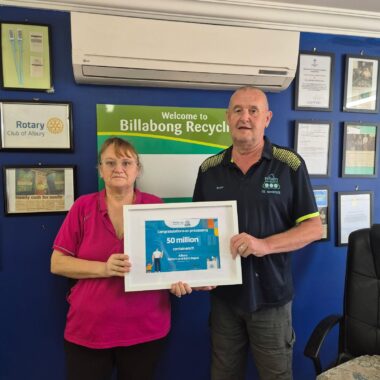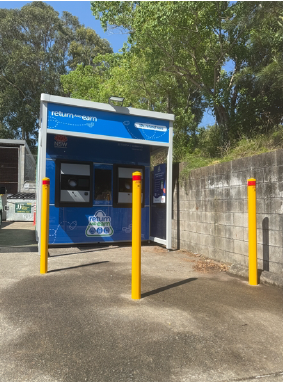NEW RESEARCH REVEALS the devastating financial impact that worsening extreme weather is having on Australian families. Driven by accelerating climate change, communities across the country are being hit hard by extreme weather events and skyrocketing insurance premiums.
The research (Home Insurance Affordability Update and Funding for Flood Costs: Affordability, Availability and Public Policy Options), released today by the Actuaries Institute, shows an estimated 1.24 million Australian households (nearly one in eight) are facing an insurance affordability crisis. This is an increase of 240,000 households when compared to the last time this study was conducted in March 2022.
These families are spending two months of their annual income on home insurance, which is more than seven times what the average household spends.
For those living in disaster-prone areas, including the Northern Rivers region, north Queensland and Western Australia, insurance premiums have risen up to 50% in 12 months.
Fossil fuels like coal, oil and gas are the main driver of accelerating climate change, which is making extreme weather events like bushfires, heatwaves and droughts more frequent and severe.
Nicki Hutley, Climate Councillor and economist, said: “These figures really bring home how difficult accelerating climate change is making insurance affordability for so many, particularly those who are most vulnerable. This is a wicked problem that we need to act on now before things get even worse."
The Climate Council’s research into the mental health toll of compounding and worsening climate change, released in January 2022, showed that one in 20 Australians had cancelled their insurance coverage because it was no longer affordable.
“Experiencing a disaster is difficult enough, but now many Australians are discovering their insurance doesn't cover them for disaster or is insufficient. A growing number of households, and particularly low-income households, can no longer afford premiums at all. This means many families affected by a disaster can find themselves facing huge bills with no means to pay them, sometimes without a safe place to stay, all while processing the trauma of the event itself.
“Back-to-back fires and floods in recent years have brought home that the climate crisis has well and truly arrived in Australia - and around the world. We should expect to face more frequent and more fierce disasters. Australia's record on disaster resilience is well below where it should be, and this has contributed to rising insurance costs. We need to direct more funding to resilience measures in homes and communities to reduce risks, rather than relying on post-disaster recovery. This is better for communities, the environment and the economy, and a necessary step to make insurance more affordable,” Ms Hutley added.
About us:
The Climate Council is Australia’s leading community-funded climate change communications organisation. We provide authoritative, expert and evidence-based advice on climate change to journalists, policymakers, and the wider Australian community.
For further information, go to: climatecouncil.org.au
Or follow us on social media: facebook.com/climatecouncil and twitter.com/climatecouncil
Contact details:
For interviews please contact Lydia Hollister-Jones on 0448 043 015 or [email protected].


